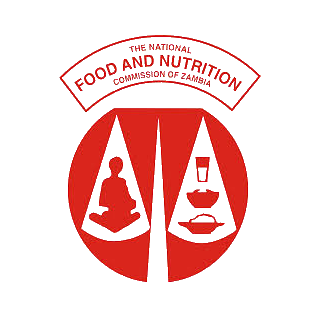Overview
Disaster preparedness and mitigation is a broad concept that describes a set of measures that minimizes the adverse effects of hazards including loss of life, property and disruption of livelihoods. Disaster preparedness is achieved partially through readiness measures that expedite emergency response, rehabilitation and recovery and result in rapid, timely and targeted assistance. Several areas of Zambia are prone to disasters such as floods and droughts leading to crop failure, food losses, high livestock mortality and internal displacement of people (IDPs), hence aggravates food insecurity and malnutrition.
The nutrition and emergency program under the NFNC incorporates activities in the existing Emergency Preparedness and Response Plan (EPRP) of Zambia. This response plan aims to effectively and efficiently tackle food insecurity and acute malnutrition during such emergencies. In addition, improvement of stakeholders’ coordination in emergency preparedness and response is required so as to mitigate food and nutrition related impact of the disasters.
Objectives
General objectives
By the year 2015 technical capacity in food and nutrition emergency preparedness and response will have been enhanced.
Specific Objectives
- To develop training packages in areas of food and nutrition in the context of emergency preparedness and disaster risk reduction and response.
- To implement training, targeting key stakeholders and key areas of food and nutrition for enhanced emergency preparedness and disaster risk reduction
Program Activities
- Conducting food and nutrition training in the context of emergency preparedness and disaster for key Government departments at National, Provincial and districts level.
- Strengthening coordination and collaboration with the Zambia Vulnerability Assessment Committee (ZVAC) in food and nutrition emergency preparedness and response.
- Strengthening multi-sector database and reporting mechanism of food and nutrition situations in emergencies to promote quick action.
- Identifying and maping emergency food and nutrition hot spot areas in the country.
- Timely provision of the necessary food and nutrition supplies and logistics in emergencies to affected populations.
- International food and nutrition emergency technical guidelines adapted to the Zambian situation.
Partners
The National Food and Nutrition Commission collaborates with the Disaster Management and Mitigation Unit (DMMU) under the office of the president. The DMMU has the full responsibility of managing disasters in the country. In addition, a team of experts including the NFNC has been put in place to advise the DMMU on the professional management of the various components of disasters.
For some time now the DMMU has decentralized the disaster management at the district level and also provide the district disaster team with the mandate to monitor the disaster prone information areas and also provide the immediate action before the national level come into play.



